More gloom than boom expected at WEF
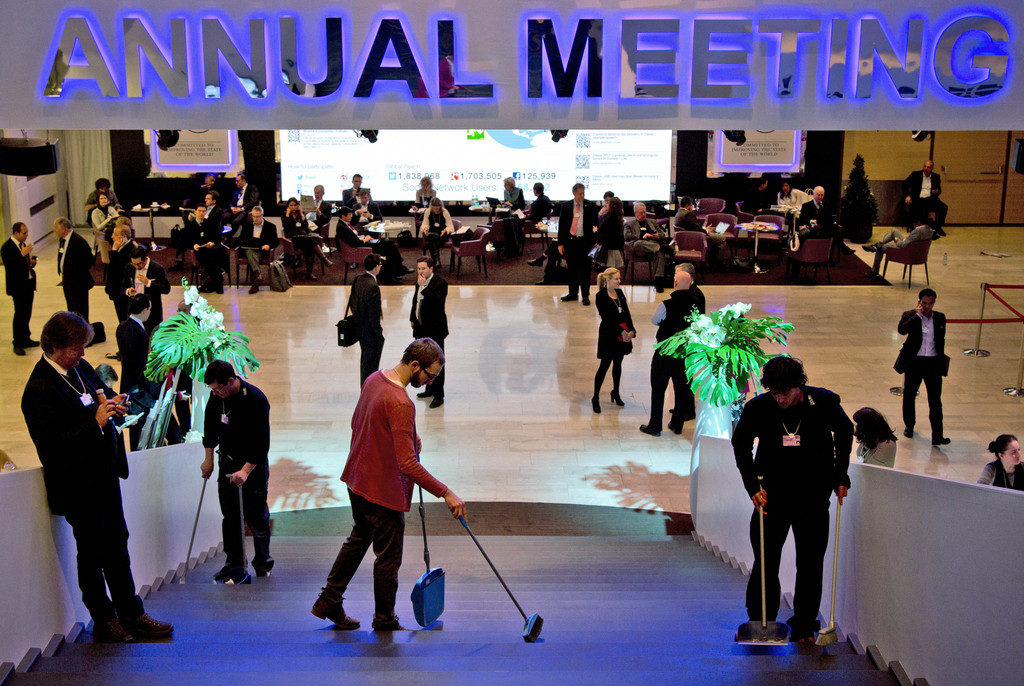
In the afterglow of impressive stock market gains in 2013 and upbeat economic growth forecasts this year, the World Economic Forum’s annual summit is nevertheless telling a more sobering tale of global upheaval threatening recovery.
WEF delegates in Davos are discussing a host of fundamental challenges that could just as easily spell trouble as opportunity during the five-day meeting which started Wednesday in the lofty Swiss alpine resort.
The advance of stocks and shares only reveals a fraction of the whole picture facing the rapidly evolving global landscape.
United States President Barack Obama has forecast 2014 as a “breakthrough year” for the US economy after witnessing a marked improvement last year. The Federal Reserve has announced it will cut back its strategy of stimulating the economy with vast swathes of cheap money.
The World Bank believes that global economic growth will pick up from 2.4% last year to 3.2% in 2014, while the International Monetary Fund projects global growth of 3.7% this year, rising to 3.9% in 2015.
Switzerland, too, expects an uptick in exports to boost growth to 2.3% this year from 1.9% in 2013, according to the State Secretariat for Economic Affairs.
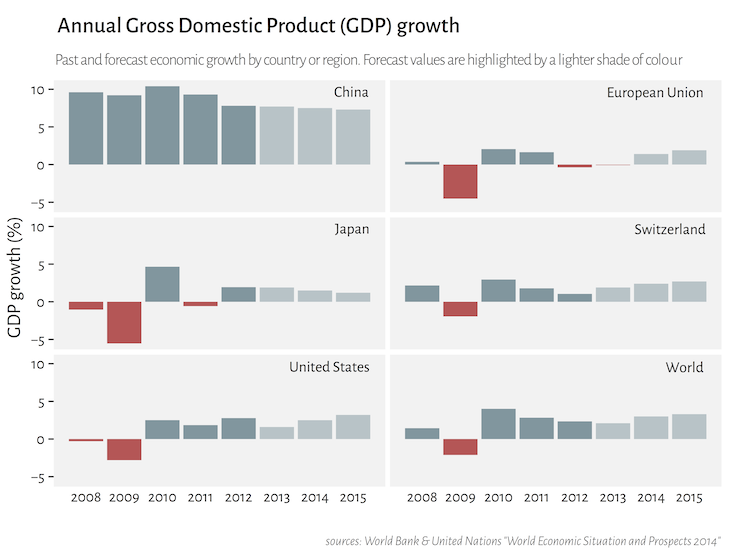
Vested interests?
“For the first time since 2010 we are getting firm signals of a sustainable global economic recovery,” Janwillem Acket, chief economist at Julius Baer bank, told swissinfo.ch. “The upturn is most pronounced in developed economies, and while the Chinese juggernaut is slowing, its economic growth is still very respectable.”
But beneath these impressive headline figures is a lack of reforming zeal that threatens to nip an economic recovery in the bud. That’s something the world’s political and business elite will have to deal with during these few days of splendid isolation in the Swiss Alps.
In an article for WEF, US Nobel laureate economist Joseph E Stiglitz labeled the current economic situation as the “great malaise”. Stiglitz complained that ordinary citizens are becoming worse off, sparking social unrest in countries such as Brazil.
“The system is not delivering benefits for large sections of our societies,” he writes. “At both the national and global levels, political systems seem incapable of introducing the reforms that might create prospects for a brighter future.”
WEF founder Klaus Schwab also strikes a pessimistic note in an article on the WEF website that predicts “an era of diminished expectations” (people having to make do with less). Schwab is worried that reforms to tackle trade barriers and corruption are “being blocked by powerful vested interests.”
While Schwab does not give clues as to the exact nature of these “vested interests”, they are likely to be propagated by some of the powerful actors due to attend Davos this year, including heads of state and other government minister alongside business and finance leaders.
A press conference on January 15 revealed that one regular Davos attendee, German President Angela Merkel, will not be coming this year. Merkel broke her pelvis during a skiing accident in Switzerland earlier this year.
Another notable absentee is former Russian energy mogul and recently released ‘political prisoner’ Mikhail Khodorkovsky, who is currently in Switzerland. Klaus Schwab said Khodorkovsky might be invited next year once his ‘future’ becomes clearer.
WEF confirmed that it is changing tack slightly towards a so-called ‘public-private cooperation’ that could well require some changes to its statutes. WEF will remain a non-profit organisation, but no further details of the new strategy were given.
A minority of hoteliers and restaurant owners were ticked off during the conference for trying to “take advantage” of the influx of so many rich people with inflated prices and were urged to improve their performance following some complaints from delegates.
Omelettes
Another major area for concern is that the economies of Europe, the US, China and Japan are being artificially inflated by cheap money issued by governments or central banks, backed up in many cases by unsustainably low interest rates.
Massive public debt and rampant unemployment are the “two big shadows hanging over Europe”, according to Acket. Governments have become “lazy” about introducing reforms that would cut their levels of spending and stimulate the job market, he said.
“Everyone in Europe likes omelettes, but they don’t like breaking eggs,” Acket chided, referring to difficult reforms that might bring short term pain before realising gain.
Frustration over the piecemeal, localised nature of banking regulation boiled over at last year’s Davos summit, with regulators, financiers and economists all complaining that different rules had done more to create confusion than to defuse the problem.
A year later, the same arguments are likely to be aired as different countries continue to adopt a variety of measures designed to prevent banks from pulling down the economy again.
In the meantime, diplomatic tensions between China and Japan are just one of the many geo-political problematic hotspots that could erupt at any time to destabilise global economic recovery.
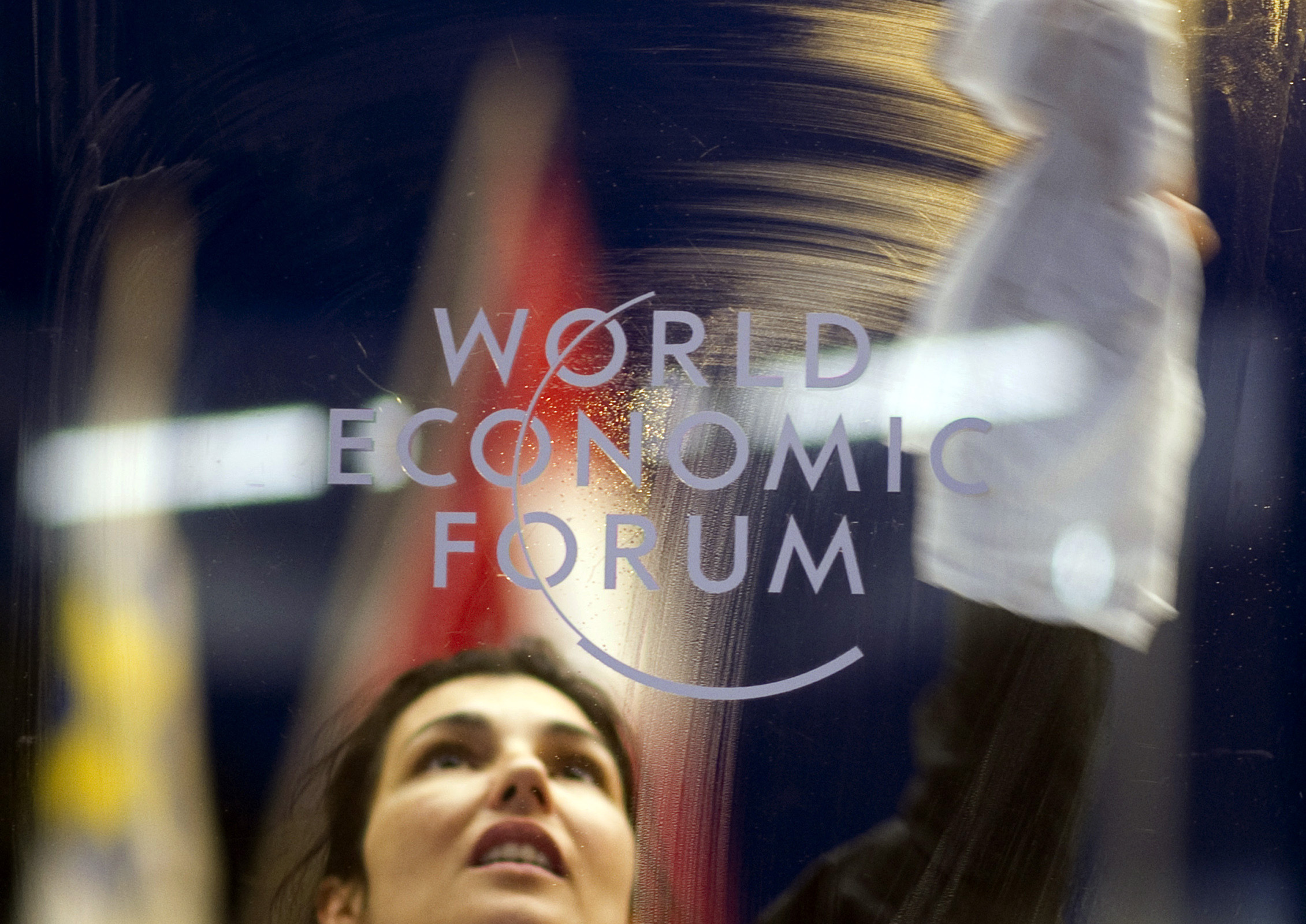
More
WEF Davos through the lens
“Wild card” conflict threat
Daniel Woker, former Swiss ambassador to Australia, Singapore and Kuwait believes there are some parallels between Asia-Pacific in 2014 and 1914 vintage Europe.
Comparing modern day China to the Prussian-dominated Germany of 100 years ago, Woker believes the rise of both powers challenged the established global order in a similar way.
The presence of a “wild card” unpredictable country like North Korea in the region further increases the chances of a spark being added to the gunpowder barrel, he added.
“No global power wants conflict, but the same could be said in 1914,” Woker told swissinfo.ch. “Conflicts do not always start in a rational way. They sometimes begin on a small scale and spiral out of control.”
And unlike the Middle East or North Africa, where conflicts have been largely confined to the region, Asia-Pacific has taken on such enormous economic global significance that the risk of problems spreading is much greater, Woker added.
The 44th annual showpiece Davos meeting of the World Economic Forum is entitled “The Reshaping of the World: Consequences for Society, Politics and Business”.
Between January 22-25, some 2,500 participants will listen to leaders from the worlds of politics, business, finance, civil society, religion, culture and science.
Some 50 heads of state will attend, including Japanese Prime Minister Shinzo Abe, Israeli prime Minister Benjamin Netanyahu, Iranian President Hassan Rouhani, British Prime Minister David Cameron, Australian Prime Minister Tony Abbot and South Korean President Park Guen-Hye.
WEF was started by Klaus Schwab in 1971 at Davos, initially under the name “European Management Symposium”.
It was designed to connect European business leaders to their counterparts in the United States to find ways of boosting connections and solving problems.
The forum took its current name in 1987 as it broadened its horizons to provide a platform for finding solutions to international issues.

In compliance with the JTI standards
More: SWI swissinfo.ch certified by the Journalism Trust Initiative

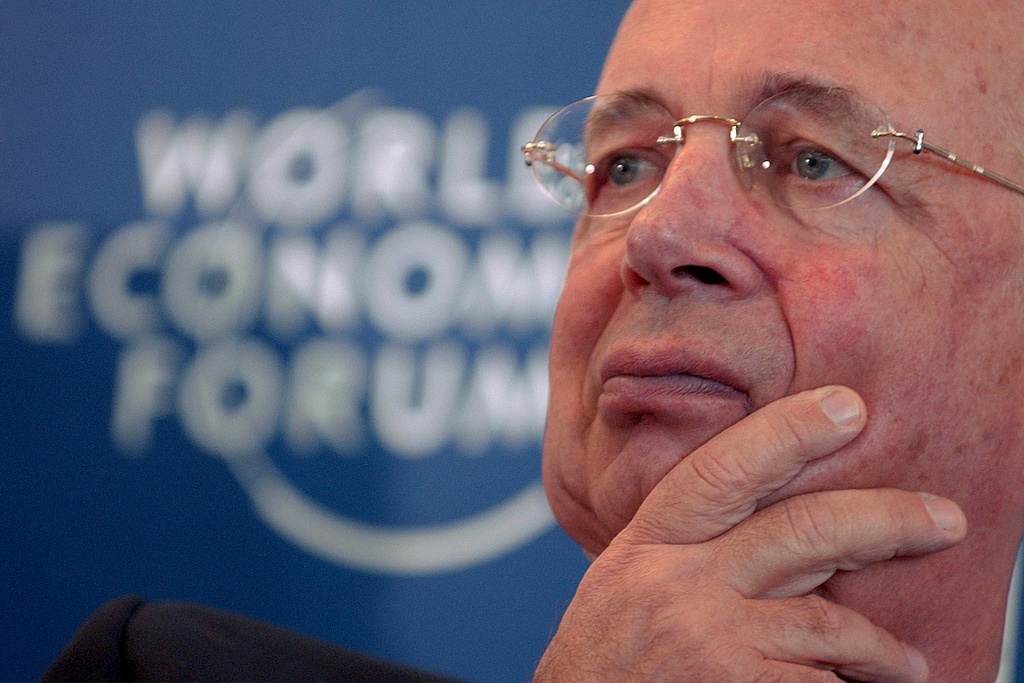
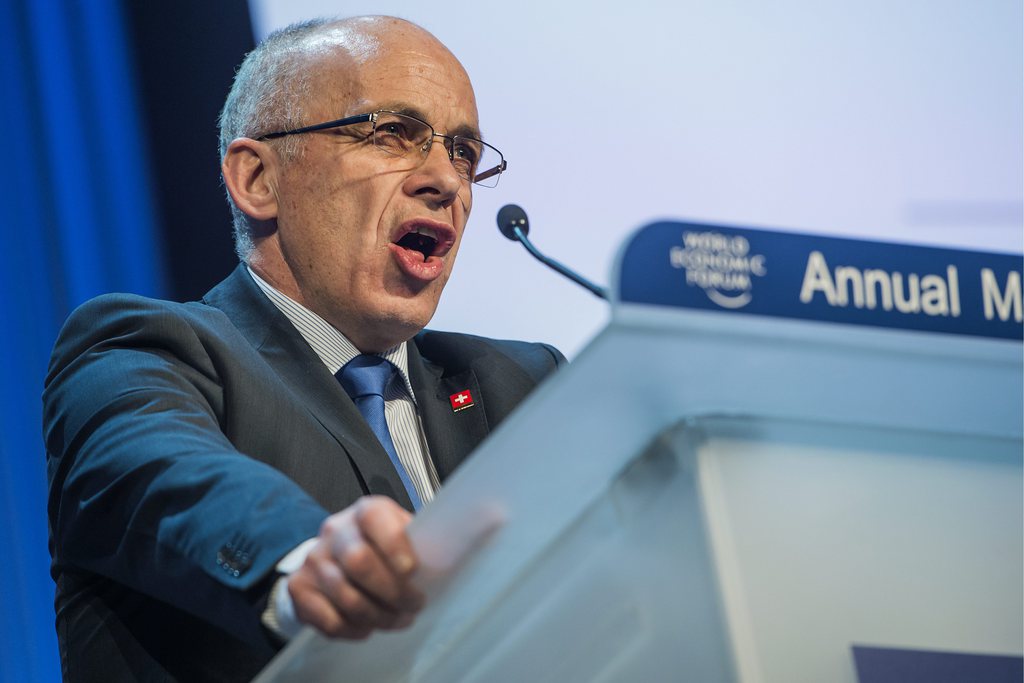
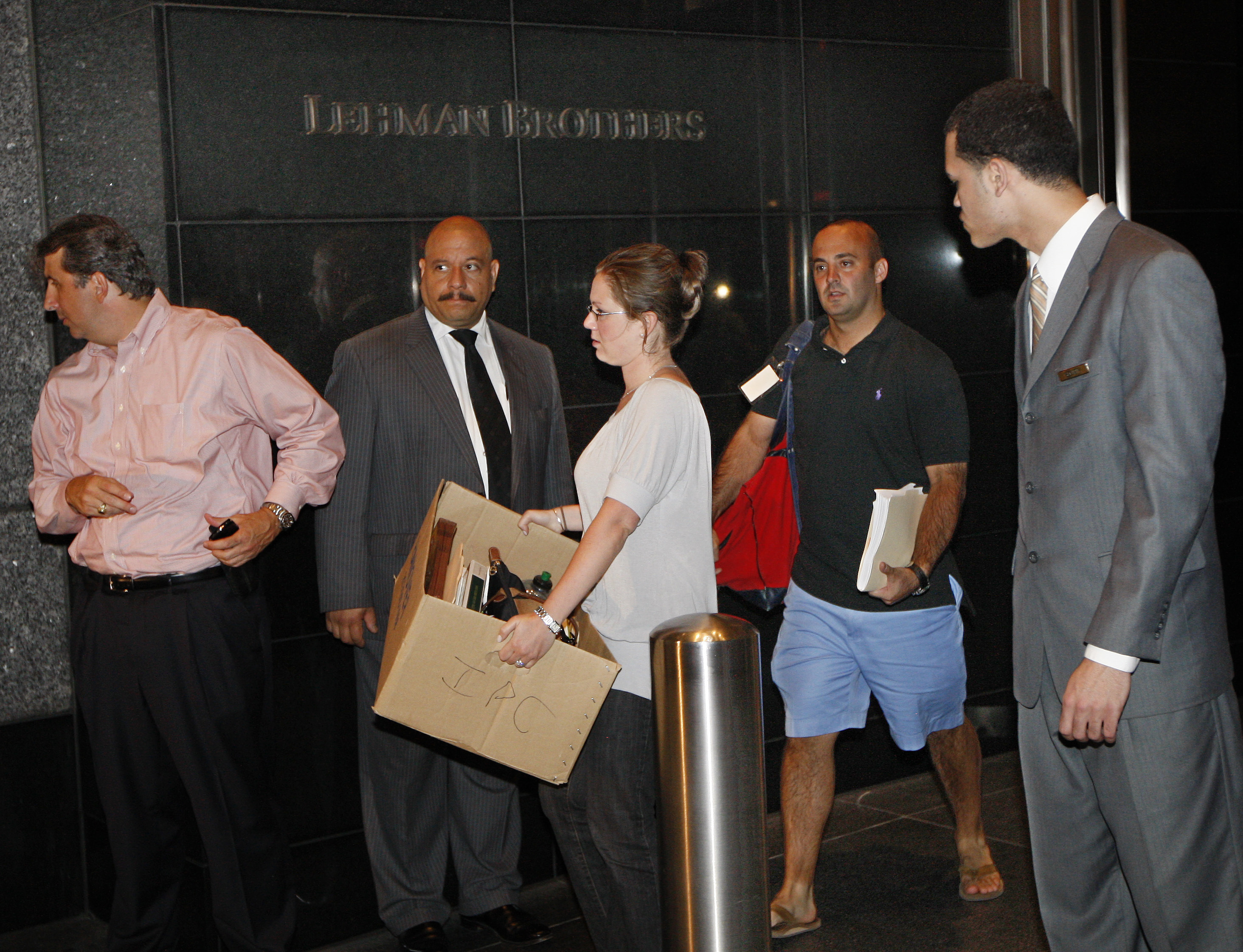
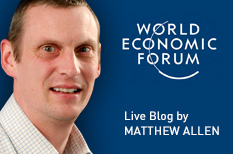
You can find an overview of ongoing debates with our journalists here . Please join us!
If you want to start a conversation about a topic raised in this article or want to report factual errors, email us at english@swissinfo.ch.